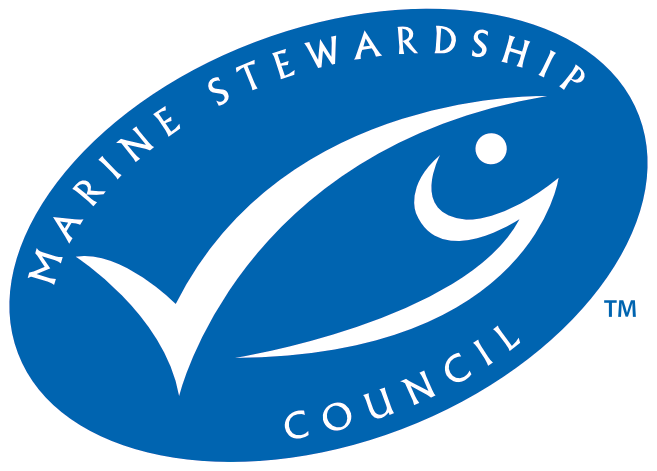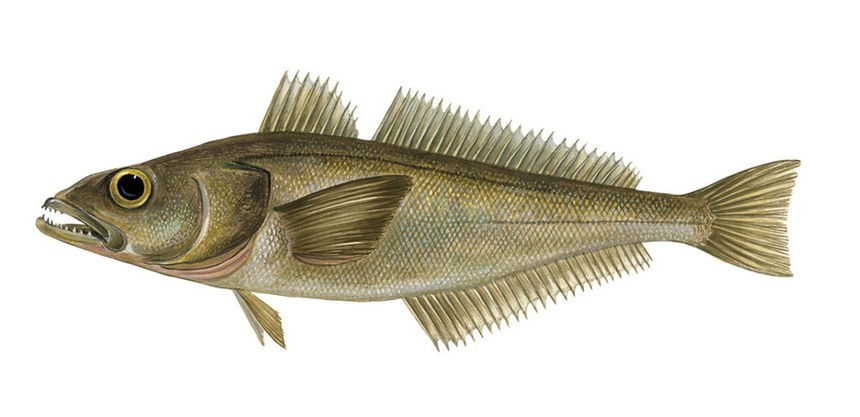
- Certifier :
- LRQA (Seafood) Limited
- Certified status :
- Certified
- Certified since :
- 06 Mar 2014
- Certificate expires :
- 30 Jun 2029
Overview
Fisheries are composed of one or more parts, each of which is entitled to receive an MSC certificate. These parts or “units” are defined by their target stock(s), fishing gear type(s) and if relevant vessel type(s), and the fishing fleets or groups of vessels.
When the term “Unit of Certification” is used for fishing units that are in assessment, it refers to the “Unit of Assessment” or “Unit of potential certification”. Expand a status below to view the parts that form this fishery. To check the detailed scope, download the latest certificate or open the Assessments page to get the latest report. Find out more by visiting our page on Fisheries
Catch by Species
| Species | Reported Catch Year | Metric Tonnes |
|---|---|---|
| Patagonian toothfish (Dissostichus eleginoides) | 2022 | 1,097.3 |
Information is provided by an independent Conformity Assessment Body as live weight (the weight of species at the time of catch, before processing) and where a fishing season covers multiple years, the end year is given as the reported catch year. Additional information is available in the latest report, see the assessments page.
About this Fishery
Patagonian toothfish (Dissostichus eleginoides) image © Scandinavian Fishing Year Book
Patagonian toothfish – sometimes sold as Chilean seabass – is a highly prized deepwater fish that can grow over 2m long. Toothfish are slow to mature and reproduce, and populations have been severely depleted by overfishing, particularly illegal, unregulated and unreported (IUU) fishing.
Satellite tagging studies have shown that adult toothfish do not migrate or move over large distances. This suggests that there is very little movement between this fishery, which operates around the Falkland Islands, and other toothfish fisheries.
Toothfish stocks around the Falklands are being managed at sustainable levels, with a maximum of two vessels operating in fishery. They use longlines to target toothfish, which has minimal impact on marine habitats.
While bycatch of seabirds such as albatrosses used to be a serious problem in toothfish fisheries, statutory mitigation measures have effectively eliminated this. Managers and assessment scientists have reported that there is no evidence of recent illegal activity.
Patagonian toothfish - fighting illegal fishing and protecting albatross:
Read a blog post about toothfish >
Market Information
Catches are mainly exported, although some are sold locally. Significant markets for certified product are currently in North America and Asia.
